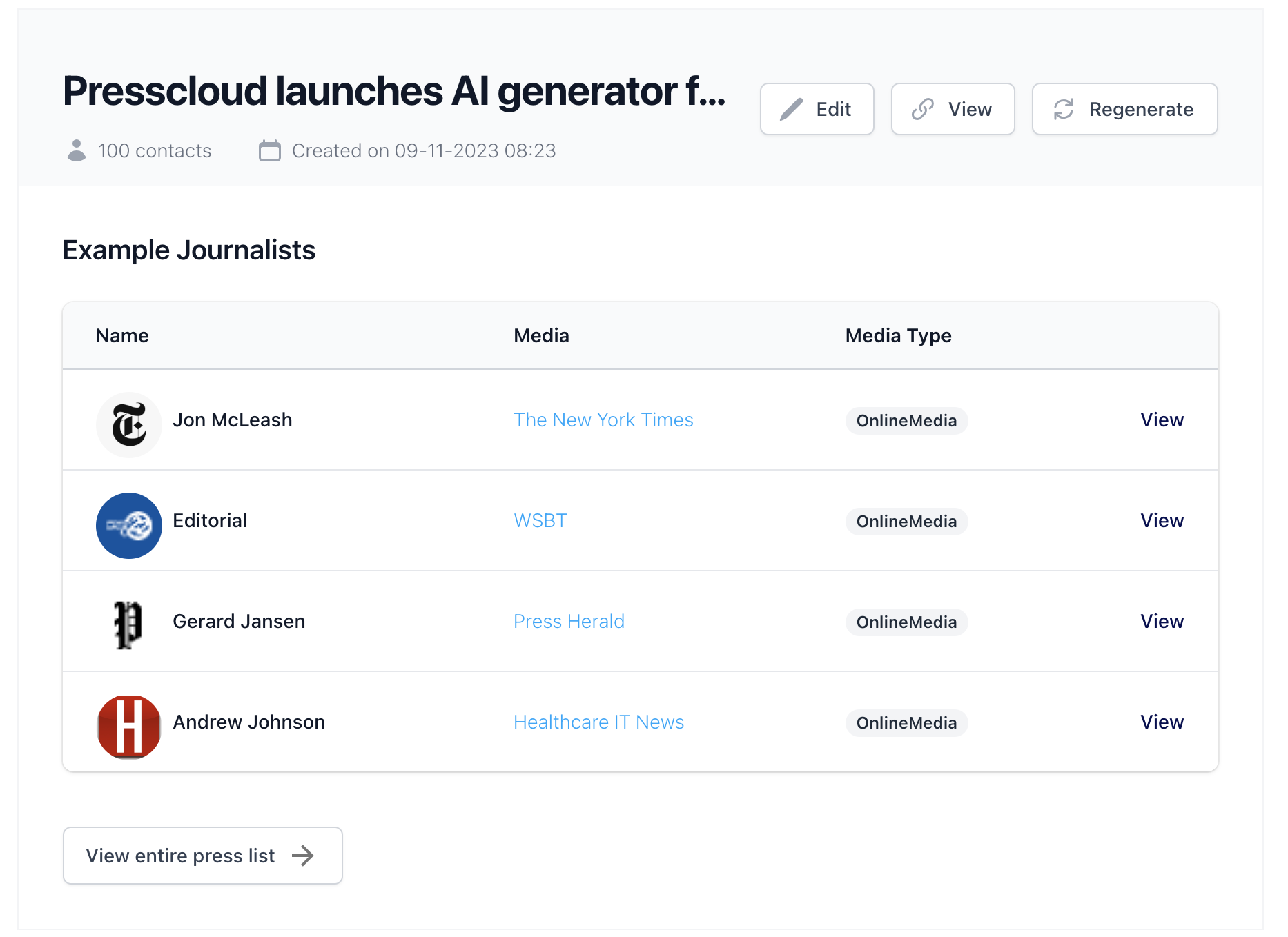Reviews and testimonials are powerful tools in the world of Public Relations (PR). They can not only increase your company's credibility but also contribute to a positive brand perception and customer trust. In this blog, we discuss the impact of reviews and testimonials on your PR strategy and how you can effectively leverage them.
Why are reviews and testimonials important?Reviews and testimonials are important for your company for 3 main reasons.
- Credibility and trust: consumers trust the opinions of other users more than the message of a brand itself. Reviews and testimonials act as social proof, meaning that potential customers are more likely to trust your product or service if others speak positively about it.
- Improved online visibility: good reviews can improve your company's visibility on search engines. Search engines like Google take customer ratings into account when ranking websites. Positive reviews can boost your SEO and attract more organic traffic to your site.
- Content for PR campaigns: reviews and testimonials provide valuable content that you can use in your PR campaigns. They can be included in press releases, on your website, in marketing material, and on social media to enhance the credibility of your brand.
It is clear that reviews and testimonials are important for your business. But how do you get them? Read below on how to collect effective reviews and testimonials.
- Ask for feedback: it may seem obvious, but the best way to collect reviews and testimonials is by asking customers for them. Send a follow-up email after a purchase or service and ask customers to share their experience. For example, after implementing your product, you can send an email with a link to a review site, like Trustpilot, and request a review.
- Make it easy: ensure that the process for leaving a review is simple and accessible. Use various platforms like Google Reviews, Yelp, or specialized review sites within your industry. For instance, a restaurant could print a QR code on the receipt that directs customers straight to a review page.
- Reward customers: consider rewarding customers who leave a review with a discount or a small gift. This can increase the motivation to share their experience. An example is a clothing store that offers a 10% discount code for the next purchase to customers who write a review on their website.
You’re doing great! You now have relevant reviews and testimonials. What’s next? There are several smart ways to integrate these reviews and testimonials into your PR strategy.
- Use in press releases: incorporating positive customer reviews in press releases can enhance the credibility of your message. Quote satisfied customers to highlight the impact of your products or services. For example, a fitness equipment manufacturer might include a quote from a professional athlete recommending their product in a press release about a new product line.
- Share on social media: share positive reviews and testimonials on your social media channels. This not only increases visibility but also encourages other customers to share their experiences. A hotel might regularly share Instagram stories featuring positive guest feedback and photos of their stay.
- Post on your website: create a dedicated section on your website for customer reviews and testimonials. This can help potential customers in their decision-making process and strengthen the overall credibility of your brand. An online course platform almost always has a page dedicated to student success stories, complete with video testimonials.
Reviews and testimonials play a crucial role in shaping the public perception of your brand. They increase credibility, improve online visibility, and provide valuable content for your PR campaigns. By actively requesting feedback, making the process simple, and effectively integrating these positive experiences into your PR strategy, you can significantly enhance the impact of your PR efforts. At Presscloud, we are happy to help you make the most of these strategies.




